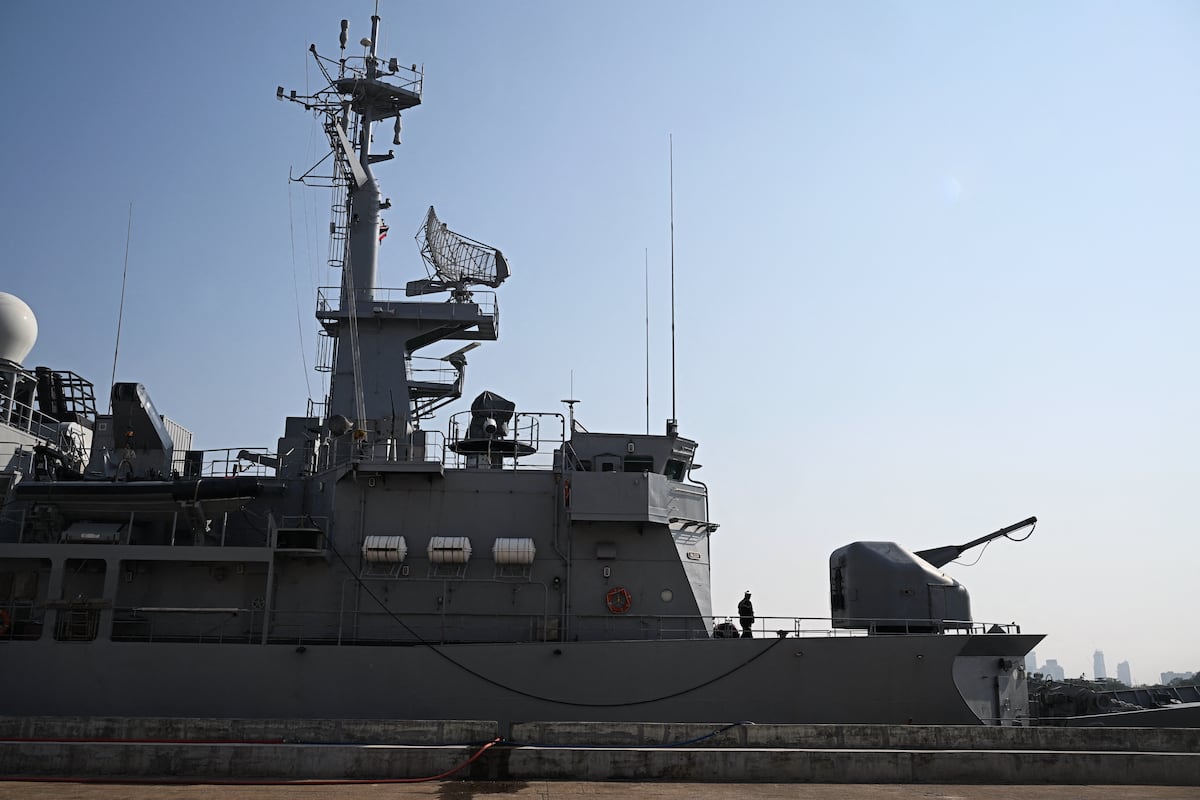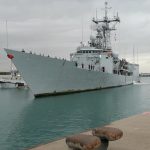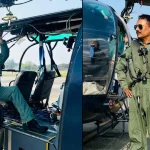Western Navies Urged to Innovate Amid Rapid Changes in Maritime Warfare
PARIS — The heads of the French and British navies emphasized the urgent need for innovation in maritime warfare at the Euronaval industry conference held outside Paris on Monday. They outlined the challenges posed by rapidly evolving threats, requiring navies to work more closely with industrial partners.
French Navy Chief of Staff Adm. Nicolas Vaujour highlighted that traditional naval vessels, expected to remain relevant for up to 40 years, can no longer rely on existing weapon systems due to their anticipated dramatic changes over that time span. He asserted that weapon systems might need annual adaptations, stressing the importance of "building adaptable by design." Vaujour stated, "You must build the ship to be adaptable during 40 years, which is quite tricky."
His comments were echoed by Adm. Sir Ben Key, First Sea Lord and Chief of Naval Staff of the U.K.’s Royal Navy, who pointed out the challenge of generational technology changes occurring faster than the time required to construct new ships. "We need to implement new capabilities far quicker than the speed at which we can build a hull," Key remarked, urging a shift in mindset toward detaching operational capabilities from the platforms meant to deliver them.
Recent conflicts have further illustrated the need for agility. Ukraine’s effective use of missiles and unmanned aerial vehicles to deny Russian access to the Black Sea, alongside Yemen’s Houthi rebels’ drone strikes against commercial vessels in the Red Sea, have underscored the evolving landscape of maritime threats. "If you stay with your old doctrine, you will be dead very rapidly," warned Vaujour.
Collaboration between French and British navies has accelerated innovation in response to these threats, specifically their partnership with defense firm MBDA to enhance missile performance amid urgent operational demands. Key emphasized a need for forces to focus sharply on critical factors rather than pursuing ideal solutions that may arrive too late.
Both admirals indicated that their forces must adapt to new technological demands, illustrating this with Vaujour’s experience of employing a helicopter to intercept a hostile drone — a scenario only previously rehearsed in training a few weeks prior. He noted that facing constant threats, similar to those encountered in the Red Sea, could be taxing on crew members, leading to a possible reconsideration of crew numbers onboard.
Looking ahead, both navies stressed that increased cooperation with industrial partners is essential for fostering innovation. The French Navy plans to integrate industry engineers directly onto ships in the coming weeks, particularly focusing on artificial intelligence, to improve understanding and expedite development. Key acknowledged the necessity for U.K. industrial partners to also provide training and share risks more effectively.
As the pace of equipment development accelerates, the British naval chief concluded, "We require a much more agile mindset about the way we develop our capabilities," highlighting the urgency and complexity of modern maritime warfare innovation.
Rudy Ruitenberg, Europe Correspondent for Defense News













